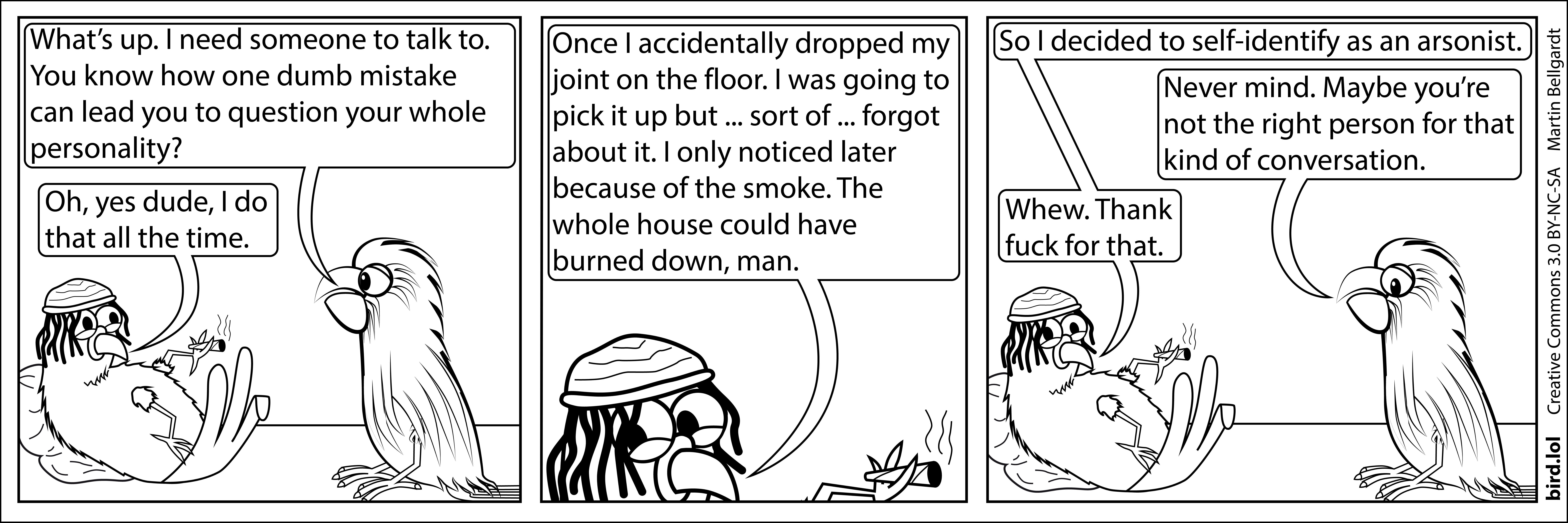On paper, most western democracies are secular states. But you don't have to look at them too much to find that Christianity has a huge influence in most of these countries. That's because of a certain design flaw behind the entire concept of secularity.
I don't know if I've mentioned Hume's Guillotine on this blog before, but if you understand this concept, you'll immediately understand what the problem with secularity really is. Hume's Guillotine is the observation that all statements can be divided into two categories: is-statements and ought-statements. "You just murdered someone." is an is-statement, "you can't go around murdering people!" is an ought-statement. Is-statements are unchangeable facts about the universe, ought-statements are expressions of how the universe should be. Is-statements are the domain of rational thought and science, ought-statements are the domain of morality and religion. The key observation is that ought-statements cannot be derived purely from is-statements. "You just murdered someone" alone does not make you a bad person. You need "You shouldn't murder people", an ought-statement, to derive that the murderer in front of you is actually a bad person.
With that philosophical excursion out of the way, you might have spotted the problem with secularity already. If the state is separate from religion, then where are the ought-statements come from? Or, more plainly, how does the state know what to do? Well, in democracies we do that by electing representatives who make the decisions. However, these usually have some kind of religion and that religion provides these much needed ought-statements. But since people usually try to elect representatives that are aligned with their own values, they tend to elect representatives that have the same religion as them. This results in most of the elected representatives to have the major religion of the respective country, which in case of most western countries is Christianity. This gives Christianity (and thus indirectly the church) a large influence on the politics of that country, which brings into question if these countries even are truly secular.
But how can this be circumvented? How would a truly secular society even look like? Well, for a start, political leaders would need to understand that all ought-statements are fundamentally subjective. In that regard, they'd need to analyze which ought-statments have high support within their multicultural society and which ones are controversial. They would use reason and science to devise the best plans for reaching those goals derived from less controversial ought-statements. At the same time they would facilitate healthy discussions among their population so that consent can be reached for those more controversial ought-statements.
But you don't need to tell me. I'm already painfully aware of what a pipe dream this is. Implementing such a system would require a much more mature society than we currently have. People don't want consent, they want to overrule each other, so they have it better for themselves.
People don't really care about others.
That was an is-statement one ought to accept.

